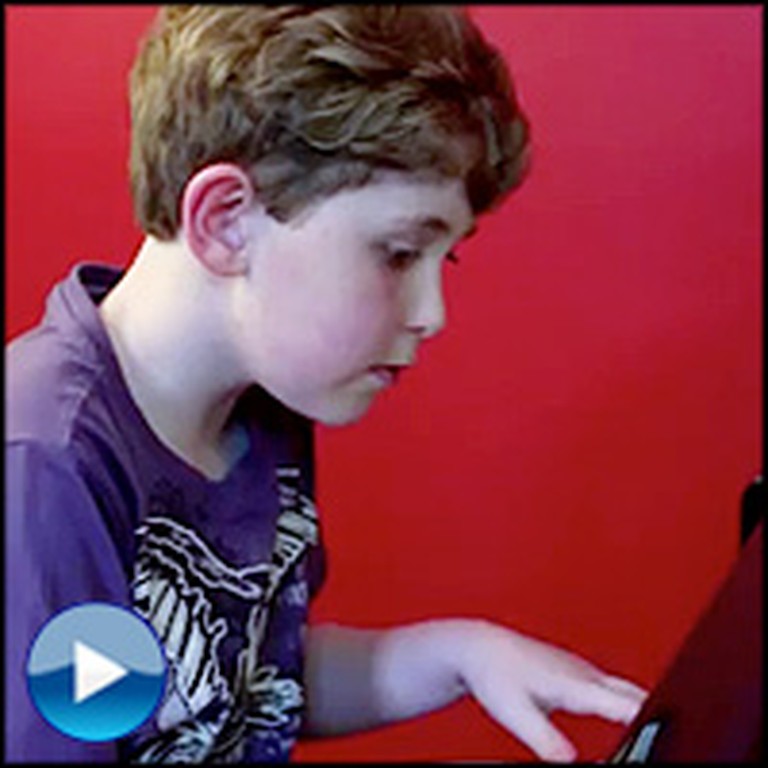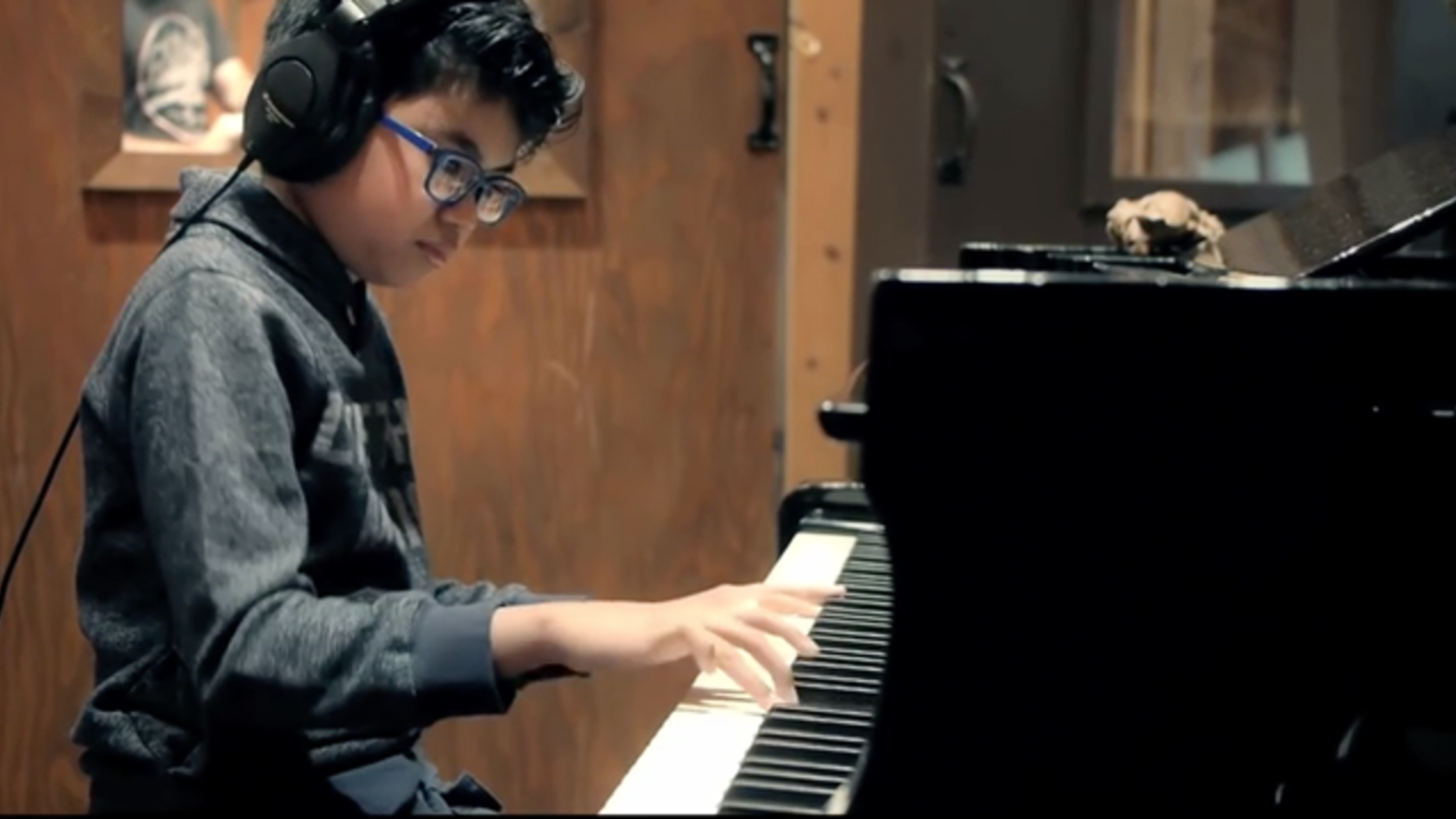

That's why I played that piece for the Chinese victims in the earthquake tragedy. YU: Because Chopin wrote that piece for the victims of the Polish-Russian War. I will tell why I chose that piece, first. And I'd like you to explain why you played that piece, and then, if you could, play it for us. SIEGEL: Well, when you performed in Washington at the fundraising for victims of the Sichuan earthquake, you chose a piece by Chopin to play. YU: I have to thank my mom for that, because even though when I was still an embryo inside her tummy, she would play music from famous pianists on a CD, or she herself would sing tunes, nursery rhymes, or play some Beethoven for me. SIEGEL: How do you explain to people your gift for this? How - why do you think you have this talent? Where does it come from? SIEGEL: He's a hero of yours, Lang Lang is. It's like winning a lottery or, like, dining with muses or other gods. SIEGEL: Playing with Lang Lang sounds like it's going to be very exciting at the Proms in London. I'm going to play a four-handed piece with Lang Lang by Schubert. You're going to play a duet, I gather, with Lang Lang. SIEGEL: Well, I want you to tell me a little bit about what's going to happen in August when you play at the Proms in London, the famous promenade concerts. YU: I think other kids are missing out, because they're confined to a school five days a week and seven hours per day. YU: My mom actually homeschools me, and I have a lot of time to play. SIEGEL: And do you also have to do other school work during the day? Are you going to a regular school, or do you have a tutor? How does that work? You don't want a Beethoven piece to sound like something else. The next day, you'll be practicing again. How many days off can you take from practicing in a row? So I assume that if you do zero one day, it won't be zero the next day. It really depends whether if I'm traveling or I'm at home, even if I'm in the mood for it. YU: Oh, from zero to eight hours per day. SIEGEL: And how much do you practice in order to be concert pianist? YU: When I was three, I asked my mom if I could become a pianist, and then I started taking lessons from my mom, and then lessons from a teacher. SIEGEL: And when did you decide that you wanted to be a concert pianist?


But I can remember very well my recital debut when I was three, playing a G major sonatina by Beethoven. I was at a friend's party, where there were some children singing "Mary Had a Little Lamb." So I jumped on their piano and just started playing out the tune. But through all the numerous retelling through my mom, I was two. When did you start playing the piano? How old were you when you began? SIEGEL: You know, you're now nine years old. I mean, you're just - it's just a matter of growing into the piano, huh? SIEGEL: So you can stretch over eight notes with your left hand, but - well, obviously, you'll pretty soon have a longer reach than that. My left hand can reach an octave - not fast. But I sometimes have to sit close to piano or stretch my legs. Sometimes, your leg has to be straight for a pedal, but mine's not lented for a pedal. MARC YU (Pianist): My legs are long enough for the pedal, but still, my legs aren't straight. Here's what's so interesting about Marc Yu. They're going to play together next month in London, so I thought I'd interview him, too. By coincidence, I was planning to interview his idol this week, the pianist Lang Lang. It was for victims of the Sichuan earthquake. SIEGEL: I met Marc Yu at a fundraising event in Washington, DC several weeks ago. This week, he went to a Los Angeles studio and he played this Chopin mazurka for us. His parents are from China, and he spends a lot of time there. From NPR News, this is ALL THINGS CONSIDERED.


 0 kommentar(er)
0 kommentar(er)
